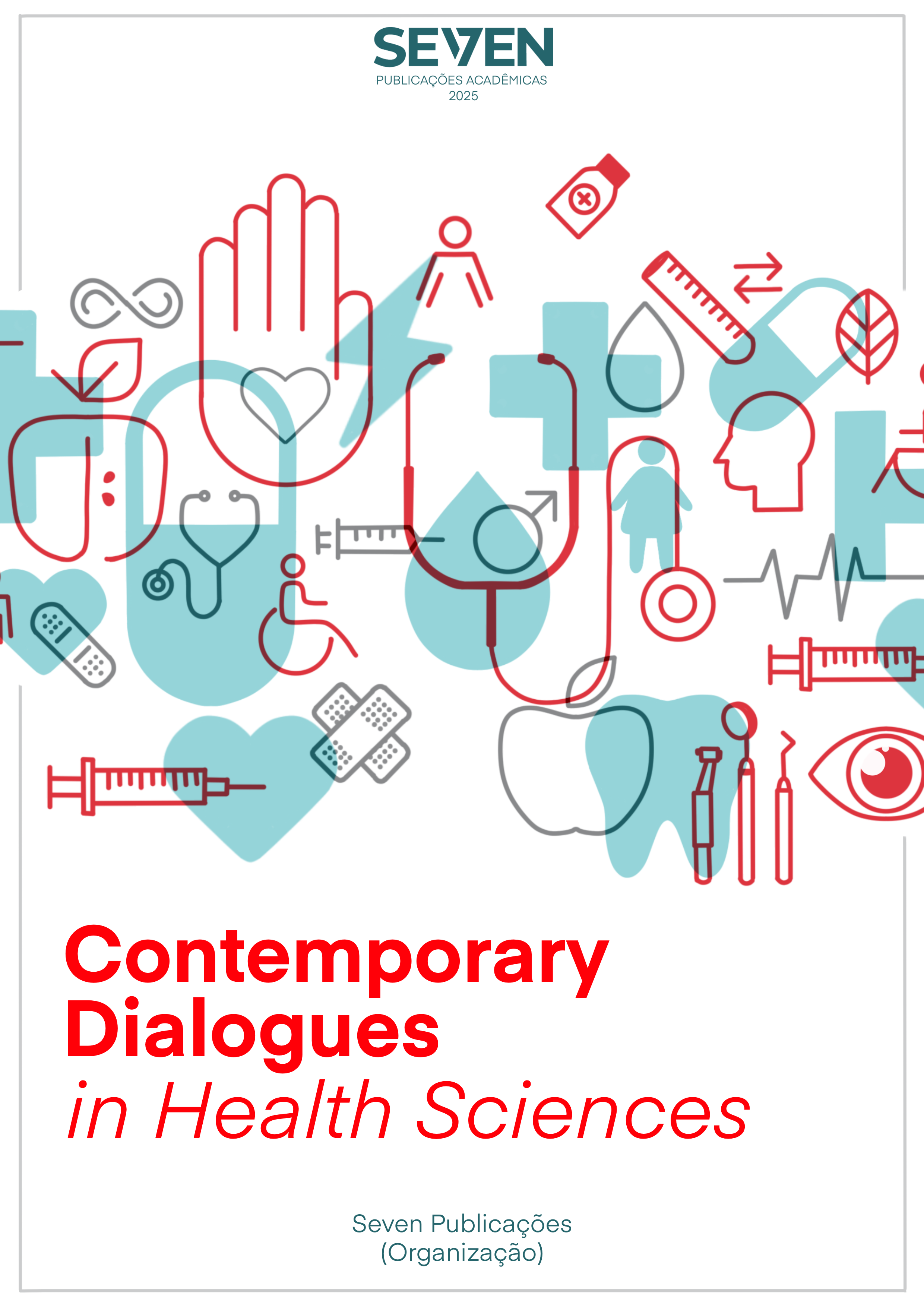THE ROLE OF OBSTETRIC ULTRASONOGRAPHY IN PREVENTING LITIGATION DUE TO PRENATAL DIAGNOSTIC ERRORS
Keywords:
Obstetric Ultrasonography, Prenatal Diagnosis, Informed ConsentAbstract
Obstetric ultrasonography has become a fundamental tool in prenatal care, widely used both to confirm gestational parameters and to screen for fetal anomalies. However, its growing incorporation into obstetric routine reveals technical, operational, and human limitations that directly affect diagnostic safety. This article critically analyzes the main factors involved in obstetric ultrasonography practice, with emphasis on the method’s limitations, the required professional qualification, ethical aspects related to informed consent, and doctor-patient communication. The study addresses the historical evolution of the method, technical challenges inherent to the examination, the influence of professional training and experience on diagnostic accuracy, and the ethical and documental responsibilities associated with the consent process. Through an integrated analysis, the article proposes reflections aimed at improving care quality and reducing conflicts arising from diagnostic errors in prenatal care.
Downloads
Published
Issue
Section
License
Copyright (c) 2025 Isabella Rissi Vicentini de Morais, Yasmin Feliciano de Oliveira, Dara Caetano Borges, Wilnaira Costa, Emanuela Gama Sousa

This work is licensed under a Creative Commons Attribution-NonCommercial 4.0 International License.





